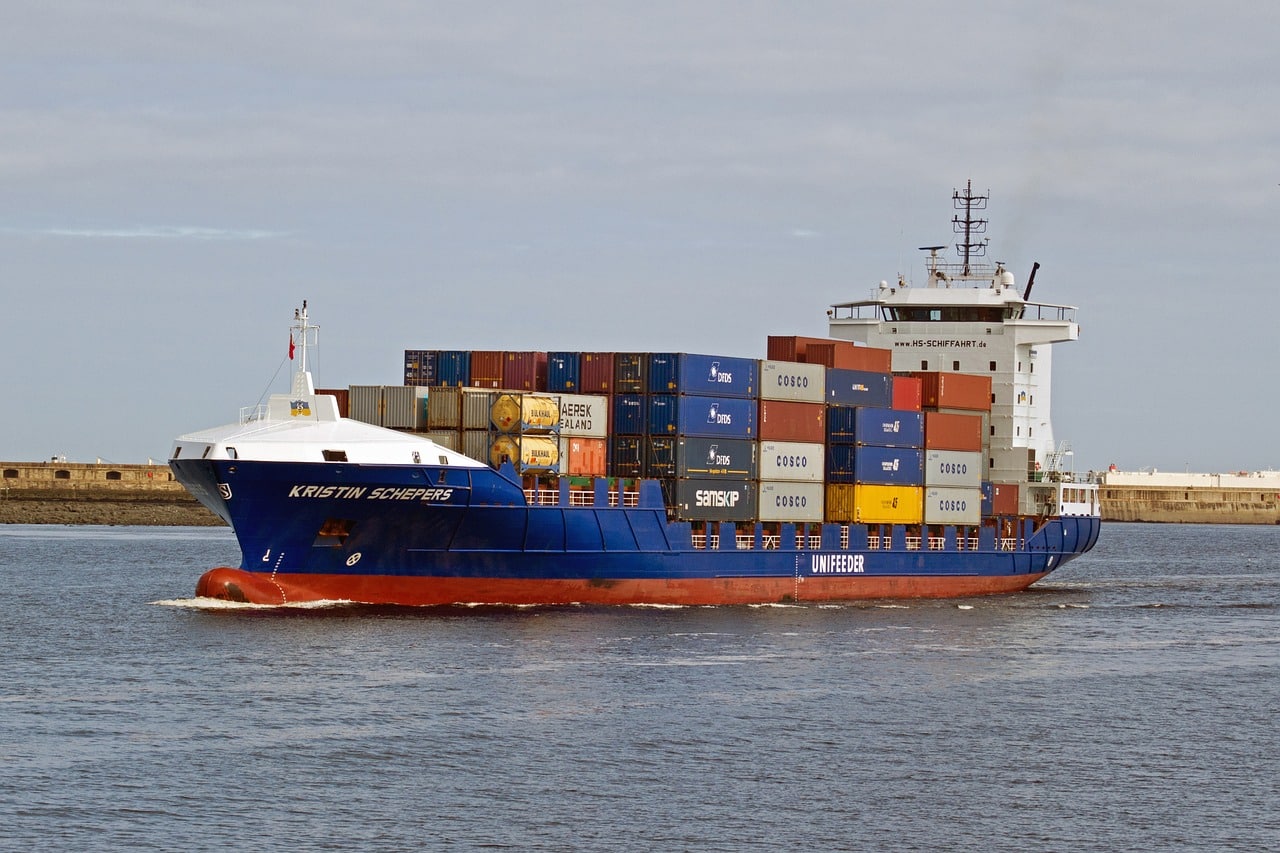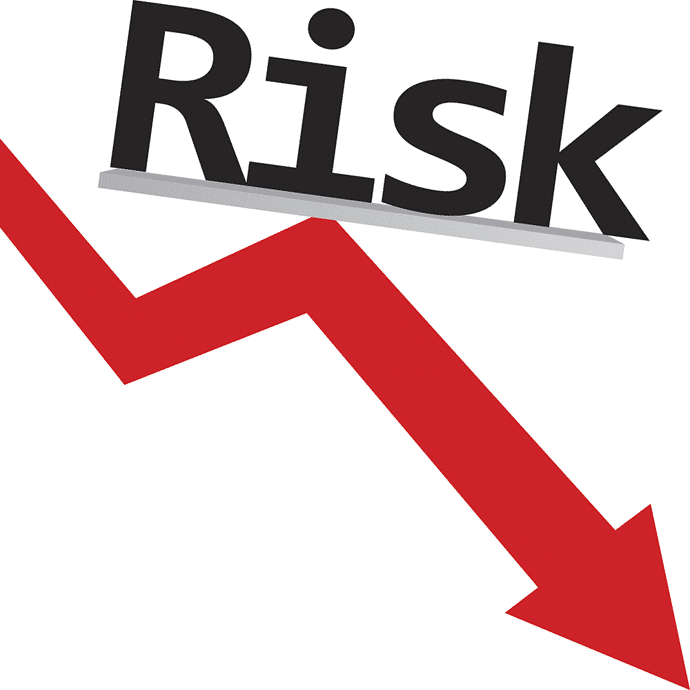Author:
Rafał Dados
Trade Wars Are Back: A Boom for Logistics & Trade Offices' EBITDA?
With the return of trade tariffs on the horizon, supply chain professionals must prepare for disruptions. Proposed duties on imports from Mexico, Canada, and the EU mirror past protectionist measures that reshaped global trade. While these policies increase costs for manufacturers and retailers, they also create growth opportunities for logistics, procurement, and supply chain firms. As businesses look for ways to manage new trade barriers, the logistics industry stands to benefit from expanded warehousing, increased demand for customs expertise, and greater emphasis on regional trade routes.
Understanding Trade Tariffs and Their Impact
Trade tariffs are government-imposed taxes on imported goods, designed to protect domestic industries by making foreign products more expensive. However, tariffs often have unintended consequences, such as raising costs across supply chains and slowing down international trade. When tariffs are introduced, businesses must either absorb higher costs, pass them on to consumers, or seek alternative sourcing and distribution strategies. For logistics professionals, trade tariffs create a ripple effect, increasing the complexity of customs clearance and requiring greater flexibility in supply chain operations.
Tariffs and Supply Chain Disruptions
Tariffs often increase lead times, procurement costs, and regulatory hurdles. Procurement teams must reevaluate sourcing strategies, while logistics leaders must optimize transportation routes, customs clearance, and warehousing near key border crossings. Proactive supply chain adjustments will be essential to mitigating risks. Businesses may also shift production locations or change distribution strategies to minimize the financial impact of these trade policies.
The Shift to Near-Border Warehousing
Uncertain tariffs have pushed companies from "just-in-time" to "just-in-case" inventory strategies, increasing demand for strategic warehousing. Cross-docking, bonded storage, and transloading facilities help mitigate border delays and ensure supply continuity. Stronger partnerships with third-party logistics (3PL) providers are becoming critical for maintaining efficiency and avoiding costly disruptions. Additionally, increased customs wait times at ports of entry further reinforce the importance of having warehousing and distribution centers close to key border crossings.
The Impact of Nearshoring and Friendshoring
Tariffs are accelerating nearshoring—relocating production closer to key markets. While Mexico remains a top alternative to China, potential US tariffs on Mexican imports add uncertainty. Companies must assess the risks while exploring other nearshoring and friendshoring options—sourcing from allied nations to improve supply chain resilience. Friendshoring helps businesses mitigate geopolitical risks by working with stable trade partners. Logistics providers must enhance multi-modal freight solutions, trade compliance frameworks, and cross-border distribution strategies to navigate these shifts effectively.
The Growing Demand for Customs and Trade Expertise
With increasing trade barriers, businesses require greater expertise in customs brokerage, tariff classifications, and regulatory compliance. Companies must stay updated on shifting policies to avoid penalties and delays. Many firms are now investing in trade management software and customs consultancy services to streamline compliance. Logistics firms specializing in cross-border trade will see a surge in demand as companies seek guidance on duty optimization and efficient customs clearance.
Key Strategies for Supply Chain Professionals
To stay competitive in an evolving trade landscape, supply chain leaders should:
- Diversify suppliers: Reduce reliance on a single country to enhance supply chain flexibility. Back to basics: push suppliers to have multi sites production strategy.
- Strengthen trade compliance: Collaborate with customs officials and implement digital compliance tools. A new niche market for IT and AI leaders.
- Optimize inventory and warehousing: Invest in border-adjacent storage to prevent supply disruptions. A big opportunity for local comunities development.
- Leverage data analytics: Use AI-driven forecasting to anticipate tariff impact and refine procurement planning.
- Enhance customs expertise: Ensure compliance with changing regulations and minimize trade costs.
The Future of Trade and Logistics
As global trade dynamics continue to evolve, businesses that adapt to changing regulations will have a competitive edge. Supply chain resilience will be key, and investment in digital tools, strategic warehousing, and expert trade management will help companies mitigate risks. The logistics sector, in particular, is positioned to thrive, as firms look for ways to navigate new trade challenges.
Is your business ready for these changes? Let’s discuss.

Rafał Dados
Empowering Procurement Through AI and Operational Excellence
With 20 years of experience in project and strategic sourcing, he has been a co-owner of Eveneum for 12 years, a company specializing in consulting and training for procurement in industries that require building relationships and trust between partners. His expertise lies in supporting clients with project sourcing and early supplier engagement, as well as involving the procurement department in development work. He leads projects such as negotiation assignments, supplier searches, and negotiating cooperation terms on behalf of clients. He is a speaker at procurement conferences both in Poland and abroad. He also lectures on procurement at Jagiellonian University.






